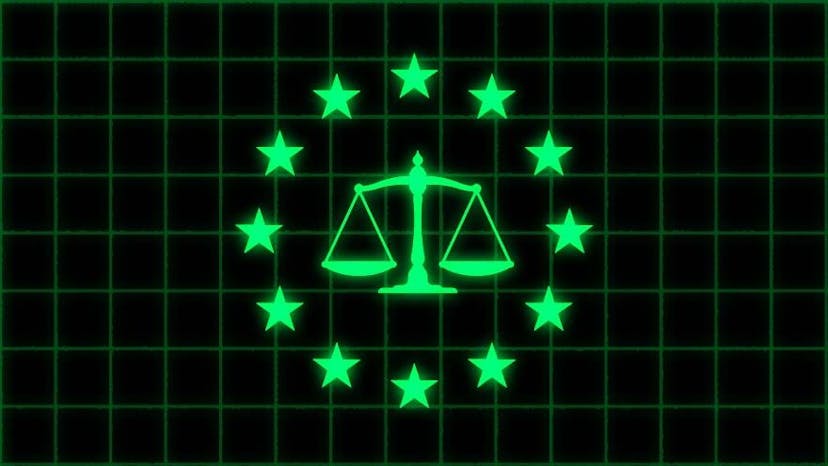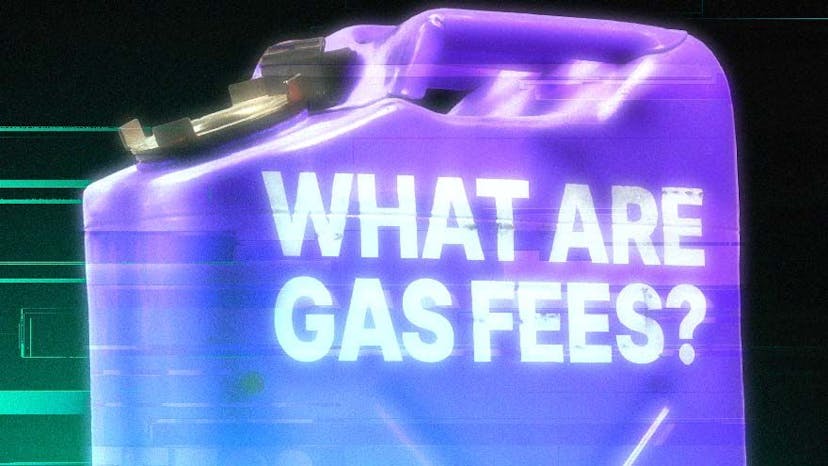Crypto Makes Its Peace with New EU Law, But What Does It Do?
Here's How MiCA is Changing the Rules of the Road for Tokens, Stablecoins, and NFTs
By: Slava Demchuk • Loading...
Research & Opinion
The European Council is set to approve and implement the highly-anticipated Markets in Crypto-Assets (MiCA) law. Expected to come into force in early 2024, this is one of the first acts to bring crypto assets, issuers, and crypto-asset service providers (CASPs) under one regulatory framework.
But the companies operating with digital assets need to start adapting their activity to the new requirements now, in March 2023. A provision called the DLT Pilot Regime Regulation describes the order. The primary goal of the MiCA is to protect consumers and investors from the growing risks of digital assets while also increasing financial stability within the entire crypto market.

Stacks' Token Doubles as Building-on-BTC Activity Surges
Ordinals Protocol Mints 150K Tokens in Three Weeks
MiCA is also part of the broader Digital Operational Resilience Act (DORA), which aims at protecting the financial services sector from malicious activities, fraud, and scams. So, the big question is this: How will this regulation impact the crypto market, and what does it mean for new and existing projects and investors?
Implications of the MiCA Regulation
First, it’s essential to understand that MiCA defines crypto-assets as a digital representation of a value that can be transferred or stored electronically using distributed ledger or similar technologies. Under this new definition, even centralized currencies that function through blockchain or similar technology will be considered crypto assets.
At the same time, MiCA hasimplied that it won’t apply to Central Bank Digital Currencies (CBDCs). Therefore, Central Banks will fully control their centralized crypto assets regarding monetary policies and functional requirements.
Also, the regulations will require crypto miners to disclose their energy consumption data to ensure their environmental impact. Any assets that use the distributed ledger technology or DLT tokens will be required to publish a detailed business plan and Whitepaper, among other liabilities. Any companies operating with or issuing DLT tokens must demonstrate a minimum initial capital of €200M.
There is speculation around the industry that stablecoins will be illegal due to the new EU regulations. These concerns are farfetched and untrue.
Blockchain and crypto-based projects will also need to demonstrate adequate safeguards to ensure effective cybersecurity and minimize investor risks. Companies are obliged to establish clearly defined chains of liability to clients for any losses due to operational failure.
Although these regulations focus on crypto-assets at length, they don’t explicitly cover Non-Fungible Tokens or NFTs. This is because regulating NFTs is a complex process, given their ability to exist in different forms and types of media instruments ( e.g., gaming, metaverse, artwork, music, etc.).
Will Stablecoins Become Invalid Under MiCA Regulations?
There is speculation around the industry that stablecoins will be illegal due to the new EU regulations. These concerns are farfetched and untrue: the new regulations will put stablecoins under increased scrutiny, but they will still be valid.
Stablecoin issuers will now need to fulfill comprehensive requirements to pursue legal operations. For instance, issuers will have to prove they have enough reserves to prevent their stablecoins from collapsing.
This ensures that catastrophic events such as the LUNA UST and FTX debacle don’t happen again. The European Banking Authority will also have full supervision rights of stablecoin, meaning that they can regularly audit and inspect the reserves to ensure their validity.
How Will Companies Outside of the EU Fall Under These Regulations?
How will MiCA regulations apply to companies registered outside of this region? Companies outside the EU can still provide services to users inside the area without being obliged to meet the regulations. However, they cannot advertise or promote themselves within the EU territory. To promote their digital assets and services within the EU, companies will need to obtain a full license from MiCA and fulfill their regulatory requirements.
Companies that do not follow these promotional and advertising laws will face severe penalties in the form of enormous fees or even jail time for senior executives. This is similar to the UK’s advertising law, which can imprison the leaders of crypto firms for two years for breaching advertising regulations.
This is one of the most concerning parts of this regulation, as the documents published by the European Council do not clearly define what an advertisement is. As a result,, companies can be penalized for having their names mentioned in an EU-based media or journal. Until these nuanced details are clarified, companies outside of the EU need to tread carefully when promoting their services within the region.
Are These Regulations a Threat to Decentralization and Privacy?
While these regulations are a significant step towards making crypto a more sustainable and risk-free asset class, there are legitimate concerns about how it might impact innovation, privacy, and the foundation of decentralized assets.
For instance, article 68 of the MiCA implies that crypto trading platforms must prevent the trading of assets with built-in anonymization unless the service provider can verify the asset holder and their transaction history. Although the specific implications of this rule are still vague, such strong language can have a detrimental impact on the privacy features of the industry.

Tokenization Picks Up Steam With On-Chain Tesla and Apple Shares
Regulated Exchange Swarm Tokenizes Stocks and Bonds in Real World Asset Push
It’s important to mention that DeFi services will be exempt from these regulatory actions. However, businesses that provide decentralized services in a centralized way or CeDeFi companies will still need to follow the MiCA regulations.
New Regulations: A Boost for the Market?
I believe MiCA regulations will positively impact the industry, pushing forward the innovation of crypto-related startups. Currently, a crypto business registered in one EU country can only provide its services in another EU country after obtaining a license there.
New MiCA regulations, on the contrary, will set the same licensing rules for the whole European Economic Area. As a result, the EU market will attract both startups and prominent businesses, which would mean more healthy competition.
Overall, the EU regulations will have many positive and negative impacts on the entire crypto market. However, crypto businesses operating within the region must attain a sustainable solution for implementing financial and AML(anti-money laundering) or KYC procedures, not only to ensure compliance but also to safeguard their users from evolving threats of this innovative market.
Slava Demchuk is a member of Foresight Virtual Assets 2030, the European Commission’s strategic adviser for a sustainable and digital Europe. He is also the co-founder of AMLBot.
Advertisement
The Defiant Daily
“an industry must-read”
Get an edge in Crypto with our free daily newsletter
Know what matters in Crypto and Web3 with The Defiant Daily newsletter, Mon to Fri
90k+ Defiers informed every day. Unsubscribe anytime.
